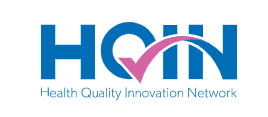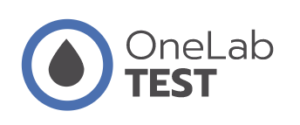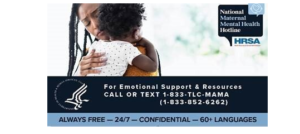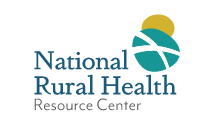May 22, 2023
Free Mental Health Awareness Month Toolkits and Resources
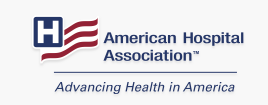
The American Hospital Association (AHA) – This Mental Health Month, challenge yourself to examine your world and how it can affect your overall health. Look around, look within – from your neighborhood to genetics, many factors come into play when it comes to your mental health. AHA’s Mental Health Month toolkit includes information about how an individual’s environment impacts their mental health, suggestions for making changes to improve and maintain mental well-being, and how to seek help for mental health challenges.
Download AHA’s Mental Health Awareness Toolkit
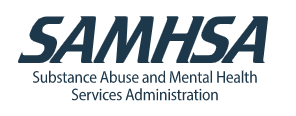
Substance Abuse and Mental Health Services Administration (SAMHSA) – Check out what SAMHSA is doing and share their materials. Remember we all play active roles in caring for our mental health!
The SAMHSA toolkit is a one-stop shop:
- Social media content to help spread awareness about the vital role mental health plays in our well-being, promote acceptance and support of anyone living with a mental illness, and share key resources.
- Best practices for engaging in healthy discussions about mental health.
- Promotional materials for mental health awareness in May and beyond.
All of the SAMHSA materials are designed to be shared with your audiences and across your media channels; they are downloadable and shareable, and some of the material is customizable.
How to Use the Toolkit:
- Copy, download, and share our social messages, graphics, and promotional materials in ways that fit the needs of your audiences and channels.
- Use SAMHSA hashtags, including #MHAM2023, when sharing any Mental Health Awareness Month-related content.
- Use SAMHSA tools in tandem with the actions recommended in Best Practices with your communities and networks.
SAMHSA Mental Health Awareness Month Toolkit:
- Key Messages and Weekly Themes
- Social Media Sharables
- Hashtag Guidance
- Stickers
- Resources for Content Development
- Tips for Engaging in Respectful Conversations Around Mental Health
Click here for SAMHSA Mental Health Awareness Toolkit

National Institute of Mental Health (NIMH) – During National Mental Health Awareness Month, be part of the conversation about mental illness and raise awareness about the National Institute of Mental Health’s (NIMH) resources related to mental health.
Click here to download the NIH Digital Toolkit for Mental Health Awareness Month with sample messages for Twitter, Facebook, LinkedIn, Instagram and for Email content.

The Joint Commission releases new public education campaign, Speak up For Your Mental Health, to help consumers understand the signs and symptoms of mental illness, as well as how they can receive help and advocate for their care.
“Since the beginning of the COVID-19 pandemic, we have seen an increase in rates of anxiety, depression and substance use disorder,” says Haytham Kaafarani, MD, MPH, FACS, chief patient safety officer and medical director, The Joint Commission. “It is more important than ever to reduce the stigma of mental illness and made sure that individuals speak up to get the help they need. I encourage anyone who feels that they may need help to talk with a family, friend or someone they trust, and reach out to a provider who can work with them to navigate the best treatment and journey forward.”
Click Here for Joint Commission Resources
